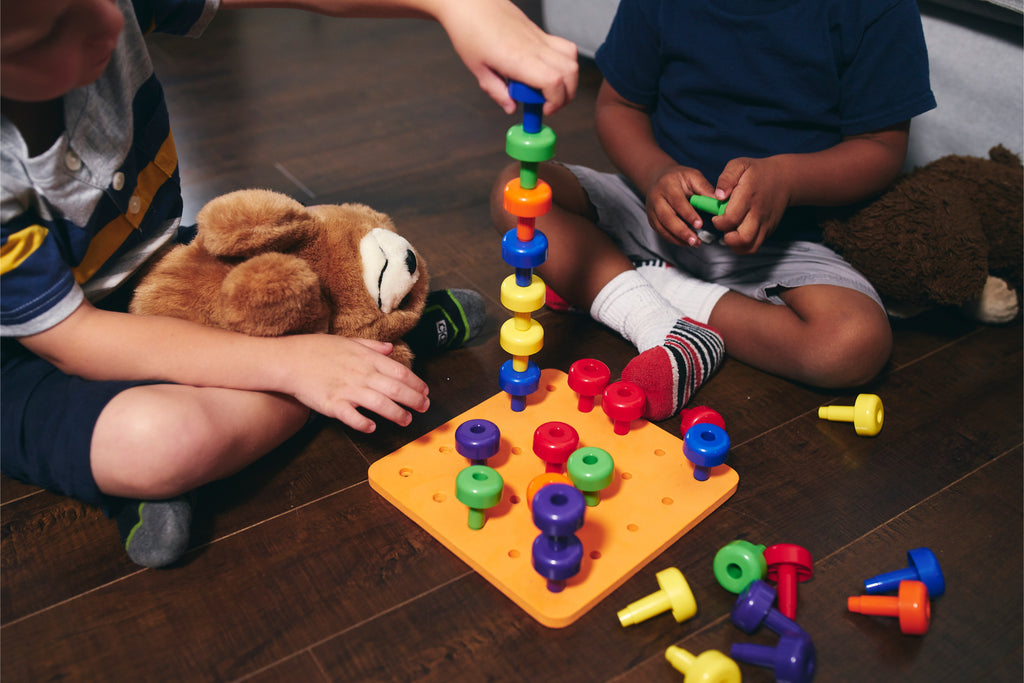Do you know what proprioception is? Known as one of the "hidden" sensory systems or the 6th human sense, proprioception is quite important in our day to day lives. The proprioceptive system is the ability to be aware of our body within space, sensing the position of fingers, arms and any other body part.
The sense involves many little receptors within the body that measures the amount of force applied during any physical activity. Proprioception is a common area of dysfunction for children on the spectrum with symptoms showing in the form of uncoordinated movements and subpar fine motor skills.
However, these behaviors depend on your child's specific sensory state - they may either respond to little to sensory input or crave more than normal input which both pose their individual challenges.
Sensory Seeker
Children defined as sensory seekers are under responders to proprioceptive input, meaning that they will actively "seek" out stimulation. Some examples of these behaviors may come in the following forms:
- Excessive biting and chewing on objects
- Bumping into crashing into other people and things
- Writing with excessive pressure and force
Sensory avoiders
Children defined as sensory avoiders will not seek input and will not make an effort to seek out proprioceptive input. Some behaviours indicative of this state are listed below:
- Exhibiting clumsiness
- A lack of fine motor skills
- Not engaging in activities
Regulating and supporting proprioceptive needs is a difficult and drawn out process. However, it is possible to slowly expand your child's sensory "diet" and develop their proprioceptive senses. There are several engaging activities that develop and satisfy your child’s needs:
- Implementing heavy work - using medicine balls or bands to provide resistance
- Playing with play-doh or Sensominds' kinetic sand
- Chewing on gum or sensory necklaces to develop oral motor development
- Using sensory boards to promote hand-eye coordination
At the end of the day, there are many products which will help provide appropriate stimuli to your child's needs. It is important to consult your local Occupational therapists to determine and develop a sensory diet unique to your child to ensure they are supported correctly.


1 comment
Mar 11, 2020 • Posted by Elena
This was a great read,
Thank you for sharing!
Leave a comment: